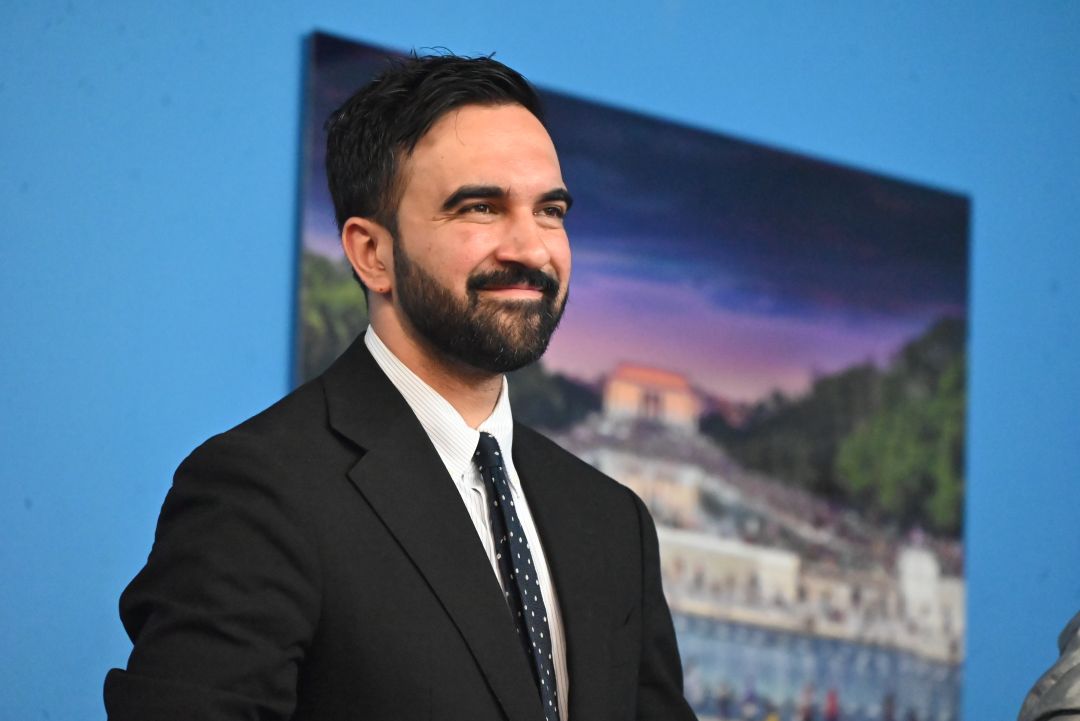
That a social democrat may become New York’s next mayor underscores the growing economic divide among well-educated households in cities across America.
Hell hath no fury like the disappointed haute bourgeoisie. A populist revolt has been brewing among the American left since the global financial crisis dealt a severe economic shock to young college graduates. The surprising primary win of 33-year-old Democratic Socialist Zohran Mamdani in New York City’s mayoral primary is the latest manifestation of their economic frustration. And it will only get worse.
One of the more surprising results of the Mamdani victory concerns his base: Younger, well-educated, fairly affluent and living in Brooklyn — especially the more bohemian Williamsburg and Bushwick neighborhoods. Mamdani was much less popular among lower earners who lived in the Bronx. So it’s revealing that the relatively well-off turned out enthusiastically for someone who, only a few years ago, promised to seize the very means of production that underpinned their success.
The reason may be that Mamdani’s supporters tend to be elite, but don’t feel elite enough. They are the ones who suffer from what University of Connecticut professor emeritus and complexity scientist Peter Turchin calls elite overproduction. Many children of middle- and upper middle-class households went to college expecting to have a career that brought wealth and status. But there are a limited number of “elite” jobs. The result is a surplus of aspiring elites who end up resentful and blame a system they deem unfair. Turchin argues that past periods of social unrest were due to an overabundance of disappointed elites. It also explains recent bouts of populism, including the Occupy Wall Street movement.
Continue reading the entire piece here at Bloomberg Opinion (paywall)
___________________
Allison Schrager is a senior fellow at the Manhattan Institute and a contributing editor of City Journal.
Photo by Kyle Mazza/Anadolu via Getty Images

















